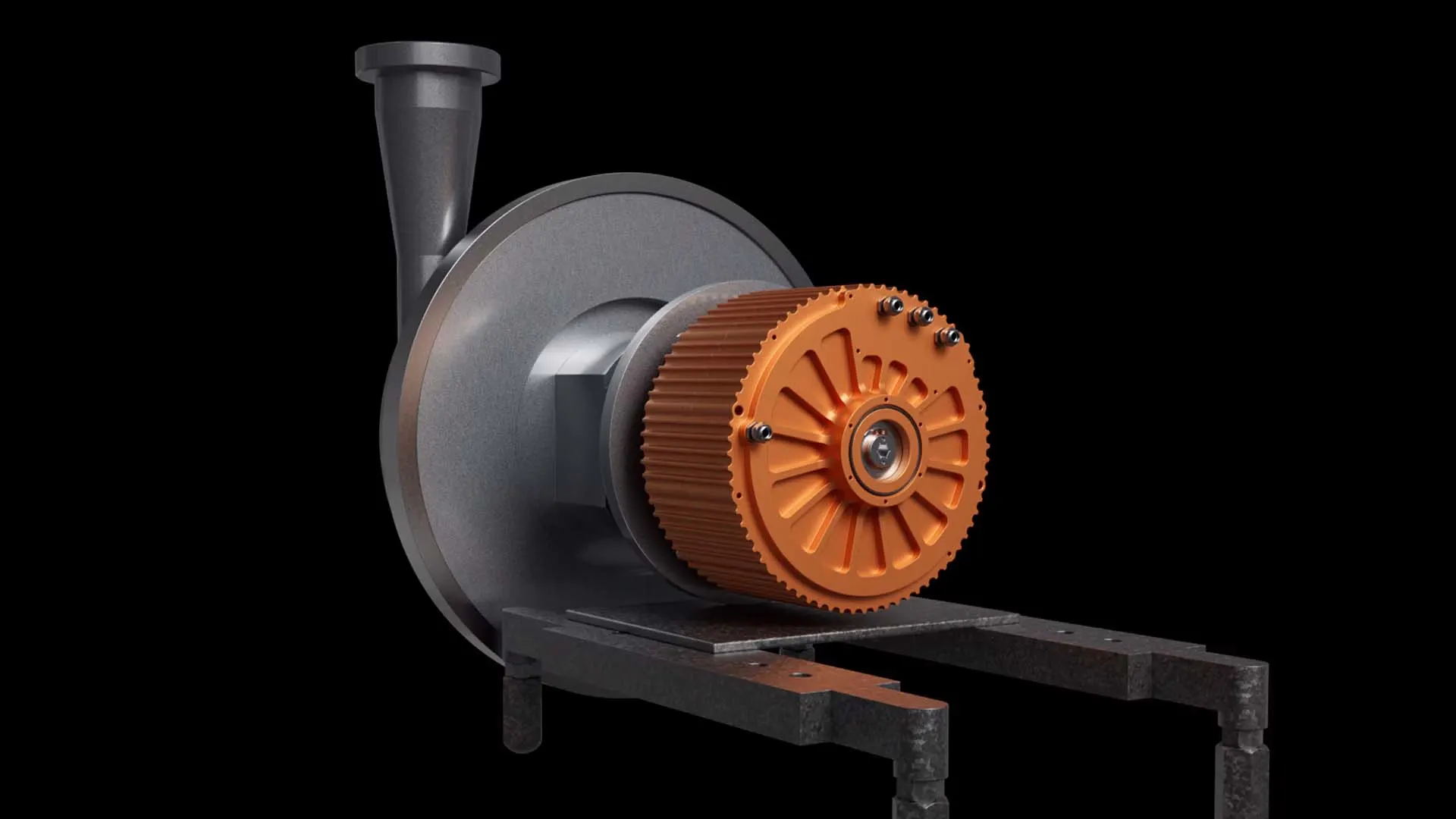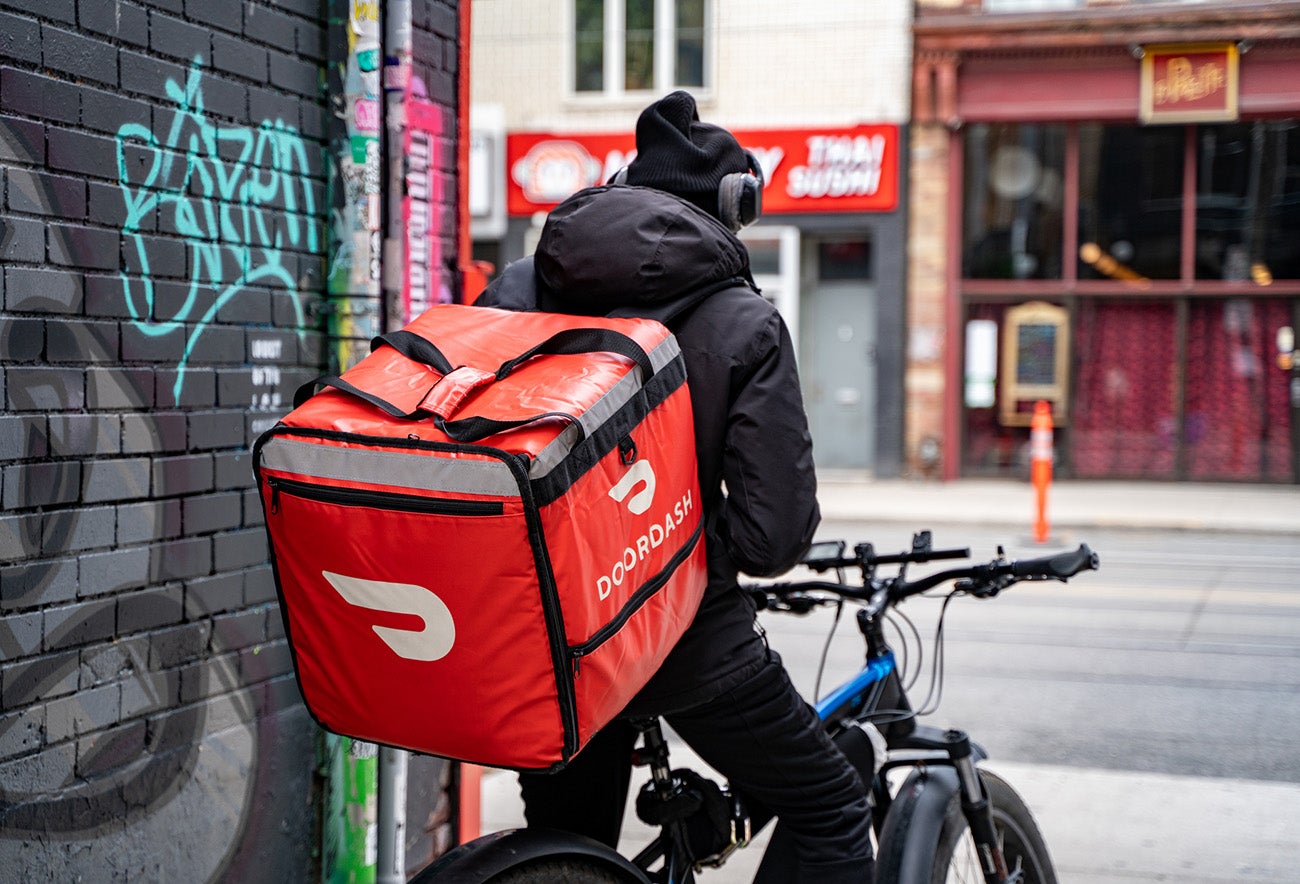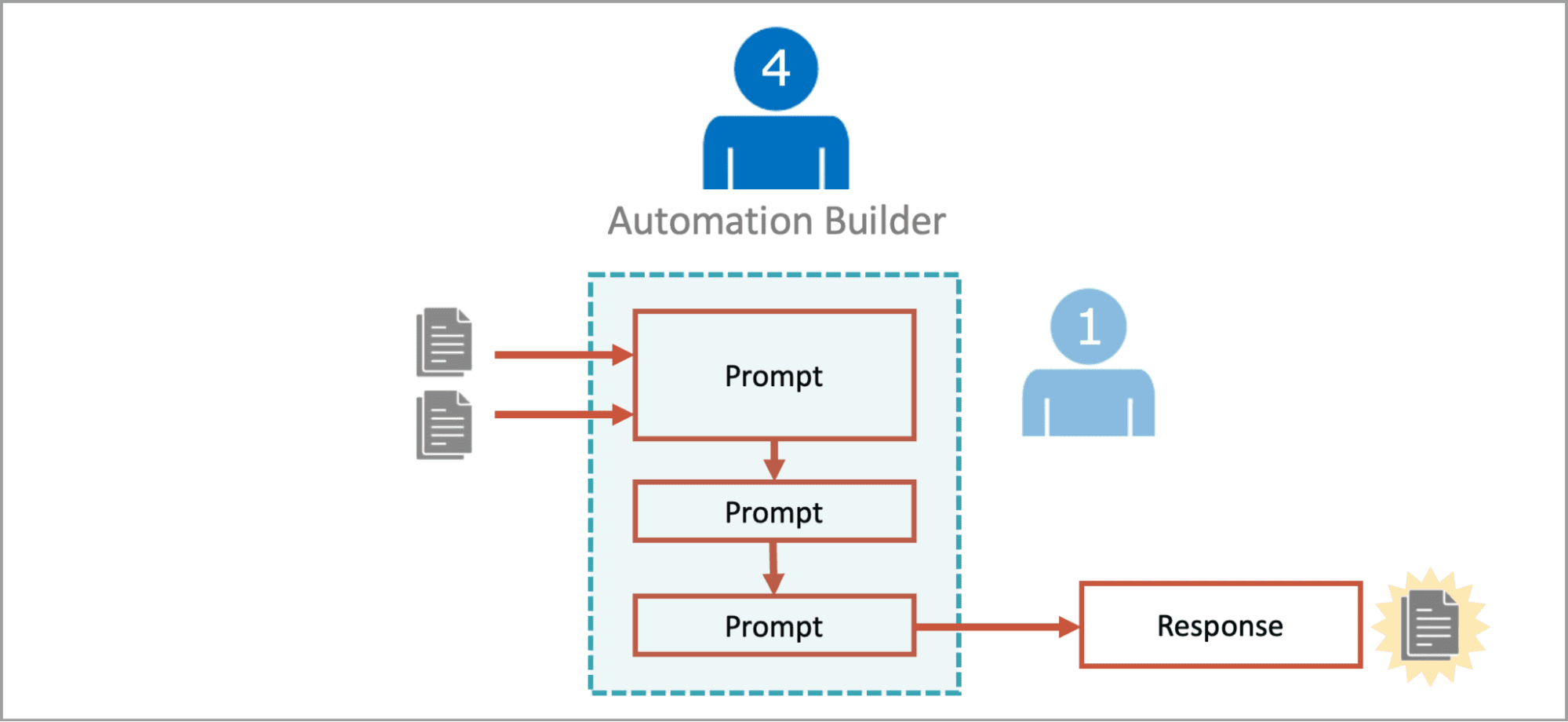How to Blend (and Heat) Soup in the Vitamix Ascent X5
For smooth and creamy soup, don't bother turning on the stove.

We may earn a commission from links on this page.
There are a lot of fantastic settings to use on the Vitamix Ascent X5, but one of my favorites is the soup setting (the nut butter function is a close second). If you didn’t already know, it’s not just for blending already cooked soup. You can actually cook with the blender. It might take a moment to wrap your head around the idea, but personally, I had to see for myself to become fully convinced. Here’s how to do it.
How can a blender cook soup?
It turns out, if you have an engine powerful enough, you can create enough friction with the blender’s blades to heat up a few pints of liquid ingredients until it’s well into cooking temperature (140°F to 190°F) and fully billowing steam. While you’re not cooking with fire, you do have a heat source, and the ingredients get chopped into such minuscule pieces that they take only a moment to cook once they reach the correct temperature.
Not all blenders are equipped to pull this off. I’ve heard harrowing experiences of soup flying out of blender containers, or blades wearing out at high speeds, but all Vitamix blenders are equipped to run at speed 10 (the highest speed) for over seven minutes straight. And that’s exactly what you need to get your soup up to cooking temperature.
If you have been wanting a Vitamix but haven't wanted to shell out the money, check out the company's surprisingly good Mother's Day sale. For more information on the Vitamix Ascent X5, read my full review here, or check out the more affordable Explorian model E310.
How to use the soup function on the Vitamix Ascent X5
Making soup directly in the Vitamix is dead simple. The only thing you have to be aware of is you can’t make adjustments on the fly. You have to wait for the blender to complete its seven to eight minute soup cycle before you taste it and adjust for seasoning and consistency.
1. Load up the blender
Load the blender container with your ingredients. I’ve made tomato soup, broccoli soup, and potato soup in the Vitamix, and I’ve tried recipes that use completely raw ingredients, all cooked ingredients, and ones with a mixture of pre-cooked and raw. Keep in mind that the blender will essentially poach your ingredients, so you can add flavor by pre-cooking some items. Roast tomatoes before adding them, char broccoli, or sear some onions before tossing them into the blender. In my tomato soup today, I roasted the tomatoes and included the charred skin, but I left the onion and garlic raw. On another day, I might do the opposite.
Besides the main bulk of your soup, remember to add enough liquid. It seems logical but you’d be surprised how quickly fibrous vegetables can make the soup mixture too thick to blend well. Keep a measuring cup with broth nearby so you can drizzle some in through the opening on the lid if necessary. (More on adjusting consistency in a moment.)
2. Navigate the presets
Fit the container onto the base, turn on the Vitamix, and press the menu button on the left. It looks like three horizontal lines. Once you’re here, twist the round dial to find a picture that looks like a soup bowl emitting steam with a little spoon underneath.

Make sure the lid is on tight, then press the start button on the right side. The Vitamix will start on a low speed and ramp up to speed 10 (the highest and loudest speed) within the first 30 seconds or so. Your work here is done.
The Vitamix will run through the soup setting in a little more than seven minutes. When I went to take the temperature of my tomato soup today, a thick plume of steam escaped when I pried off the lid. The soup read 179°F near the walls of the container and up to 186°F closer to the blades.

Adjusting the consistency
After your soup is cooked, you may be interested in adjusting how thick or thin it is. It’s way easier to thin out a soup rather than thicken it after it's finished. With that in mind, try to add a touch less liquid than the recipe instructs before you begin cooking, and then you can always stir water or broth into the mixture afterward.
If your soup is too thin, you could blend in aquafaba, a spoonful of canned cannellini beans, or even a couple spoonfuls of leftover mashed potatoes. Run the blender again on high speed but only until smooth; there’s no need to do a full soup cycle again unless you’re adding a raw ingredient.
























































































































































